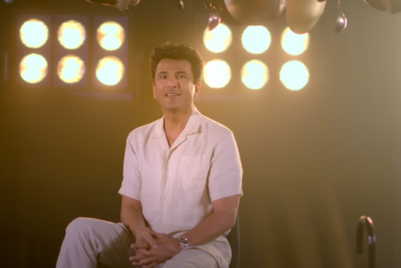
Cannes is over and India’s come home with 17 metals. That figure, various media sources have decided, means that India has had a bad year. Worse than last year, worse than the year before that.
That’s a stupid way of looking at it.
I’m reminded of my son’s attempt at getting into IIT. In whatever year it was, he got a rank of three thousand something, which meant he just failed to make the cut.
That did not make him, in my opinion, unintelligent or inferior. It just meant that, on that particular day, a few thousand from among a few lakhs, were better than he was.
So it is with Cannes.
If we have won fewer Golds than we did earlier, it means that, in this particular year, the body of work from elsewhere has been better.
That does not make work submitted by India bad.
My colleague Bindu Nair Maitra was in Cannes and spoke to a number of jurors and asked them where India lacked this year. Amazingly, the consistent take-out was that many of the entries were presented badly, not that the entries in themselves were not up to the mark. That’s certainly something that can be corrected by next year.
There are more positives to take out of Cannes. More agencies have won metals and been short-listed than ever before. An Indian entry has won a metal for PR. A number of the winners and shortlists are for work that we have seen as consumers. More youngsters have shone. More marketers were present, attendance by Indians at the seminars was greater, more new Indian jurors featured in more categories.
Why can’t we see the positives?
It’s an affliction that we have suffered for ages. In the sixties, seventies and eighties, the media expected India to win the hockey World Cup and the Gold at the Olympics every single time, putting ridiculous pressure on the players. Since 1983, we’ve done the same with the cricket team, expecting them to win every single limited overs tournament that exists. Once Sushmita Sen won the Miss Universe, we expected to see a winner every year. When Sania Mirza slipped out of the top 100, it was a national calamity.
There’s no difference, it seems, with advertising and Cannes. Till we had that whopper of a run in 2008, there were no great expectations of India’s performance. When the 2008 tally was improved in 2009, that was it, we had won the equivalent of the Prudential Cup.
And now we demand it every year.
Why can’t we get used to the thought that we could lose to a better – and still be good? And that we have another year to figure out how we can improve?
Always remembering, of course, that the rest of the world has the same one year and the same desire to do better next year.
We might do better than the rest, and we might not.
Can we just enjoy and celebrate the great advertising that does win, irrespective of where it originated?


.jpg&h=334&w=500&q=100&v=20250320&c=1)
.jpg&h=334&w=500&q=100&v=20250320&c=1)


.jpg&h=334&w=500&q=100&v=20250320&c=1)


.jpg&h=334&w=500&q=100&v=20250320&c=1)
.jpg&h=334&w=500&q=100&v=20250320&c=1)



.jpg&h=268&w=401&q=100&v=20250320&c=1)
.jpg&h=268&w=401&q=100&v=20250320&c=1)


